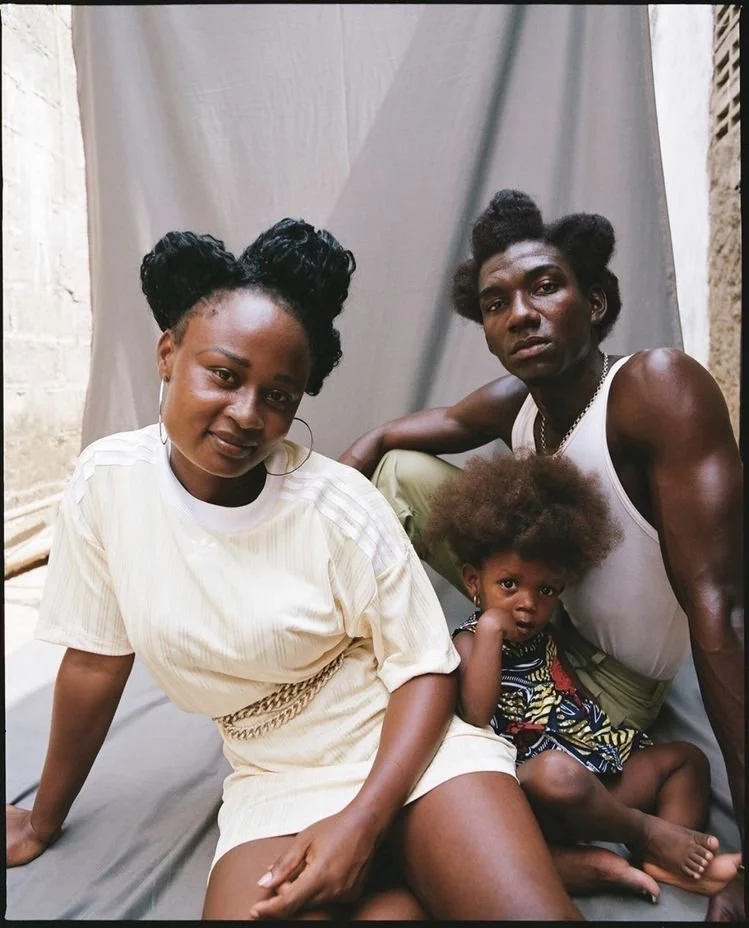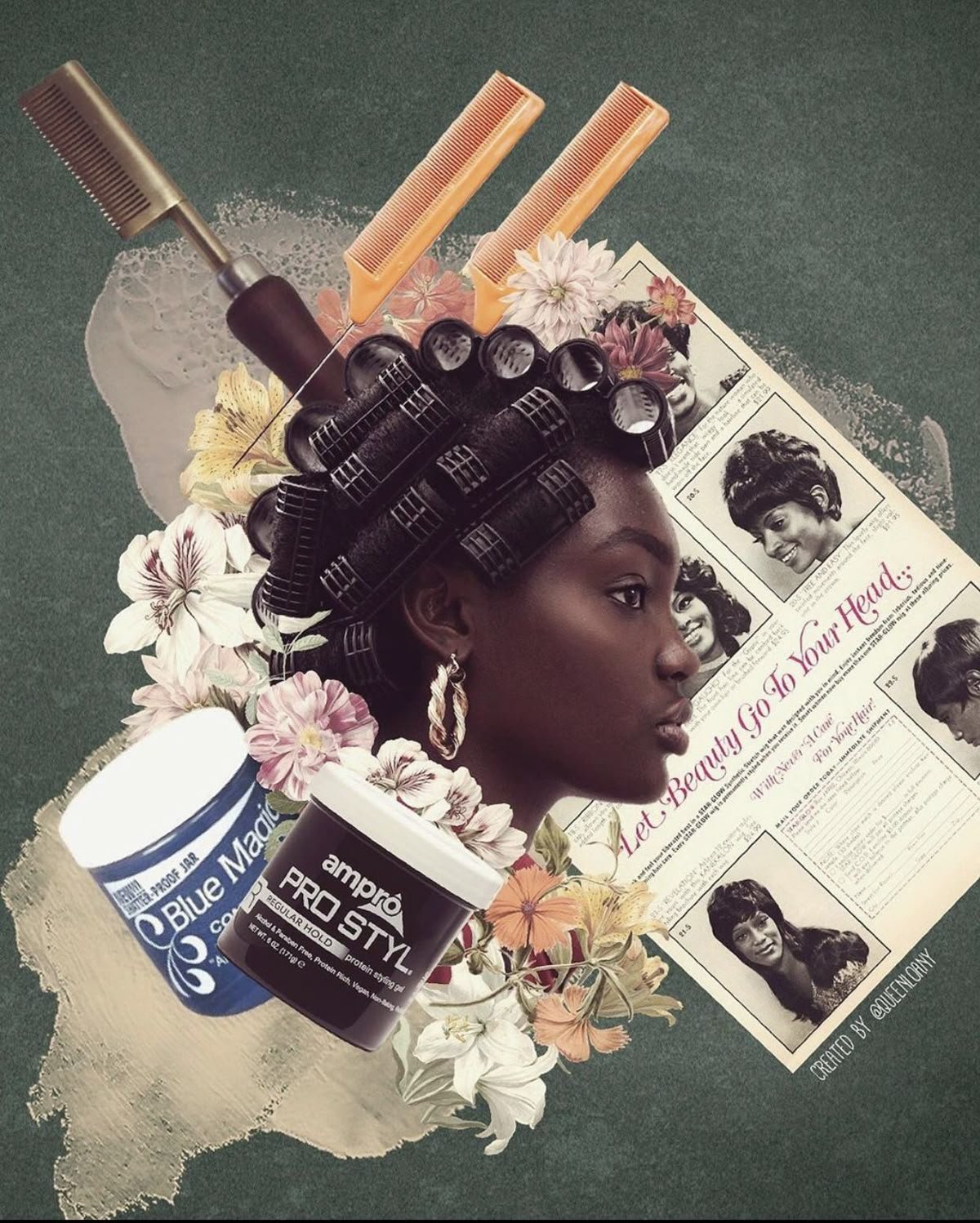Growing Up Melanated
On television to the bookshelves the typical childhood experience that is demonstrated does not fit the norm that those in black or brown households experience. The talking back, slamming doors, family traditions and customs. Down to how they eat, dress or start their day is different and their experiences are too. However, they only show one example and one narrative on television. That of a white child, but that’s ok because I am here to highlight what it is like to grow up in an ethnic or minority household. Growing up different may have seemed like a curse for some, especially if you lived in an area where you were a minority and didn’t have many to relate to. Throughout grade school I could count the number of black children on my two hands, and was often put in the running for the token black girl position. While, it’s ok because those experiences made me who I am today, a woman that is proud to be black. I am here to tell you that you didn’t really grow up different, you grew up different from them but to the rest of us with an extra dose of melanin. You grew up normal and just like us, let's take a look down memory lane.
Whatever the youngest age it is to get your ears pierced, ethnic parents always went weeks earlier and from that day on you were no longer allowed to leave the house without your earrings. Even as a toddler the diamond studs and baby bangles jewelry combination was undefeated. Our parents doing what they wanted not only guaranteed we wouldn’t remember the pain but that we carry the confidence they instilled at us so young and remember how easy it is to look put together.
Waking up on Saturday mornings to oldies or gospel music blasting meant all of one thing. It was cleaning day and you were going to help get the house back in order for the week ahead. You were truly lucky if your mom didn’t come into your room to wake up but if she left you do it on your own. In my household, until you reached your teen years it was always the children who did the bathrooms. What I didn’t realize then is a clean house is a privilege and not the reality for many. I am so grateful my parents taught me what it means to take care of what you are given and to keep my space clean as it is and can be a reflection of the mind.
The house was always cleaned on Saturdays because Sunday is the Lord's day. Which means you were up bright and early again to get ready for church. While you would think Sundays would be happy, peaceful days as you prepare for church, your mama meant no games. Plaiting hair, heating the hot comb on the stove and popping our hands with rat tail combs is how she got us together both emotionally and physically. The severity of the style and the process depended on your wash day. My mother always said we wear our “sundays best” because the Lord is our everything so we should be able to dress nice on his day to worship him, that it was a respect and love thing. While that is true, the term “sunday's best” originated during slavery because that is when masters allowed slaves to attend church or worship services. He would save their best clothes for sunday, therefore coining the term “sundays best”.
Wash day, a time designated for the detangling, washing and styling of your hair. The smell of blue magic, rosemary, castor, and amla oil filled the air as the sharp cold rat tail graced your scalp. A broken promise every week that it’ll be quick and painless. The greased braids and scalp you received was the healthiest your hair has ever been. Now it’s a part of your weekly routine and you wish you could hop up on the sink one more time for your mom to scrub your head and flood your ears with water. The neck aches now seem worth it.
Race aside, growing up a minority was a unique experience and the journey held many parallels across households. There were always things we didn’t do, did do or did differently. From the scent of our spices to the lack of shoes in the household black and brown households mirrored each other on many topics. Such as a no tolerance policy when it comes to disrespect from children and family relations. While we all faced adversity, and sometimes things were rough you weren’t just taught the basics, everything had value. They came with memories and everything wasn’t a practice or following a familiar trend, it was culture. While society and media often left us out, it also left out the warmness, and comfort of tough love, safety and tradition.
Affection was shown differently. It may not have been a hug and a kiss on the forehead but it was preparing you and giving you everything you need to succeed. So while we weren’t on the television screens, we were re-writing history, creating everlasting memories and living in our culture, truth and legacy.



